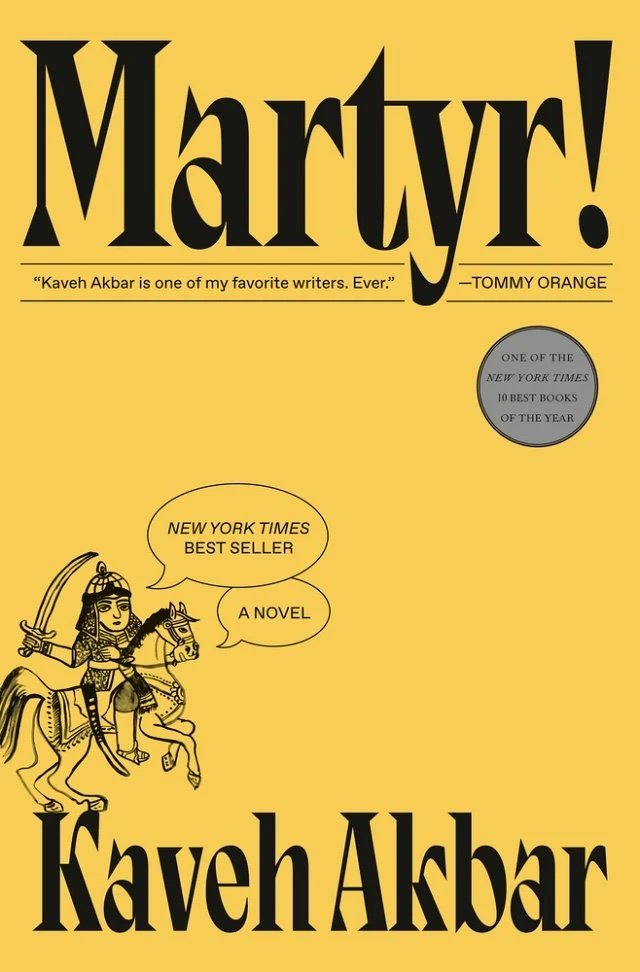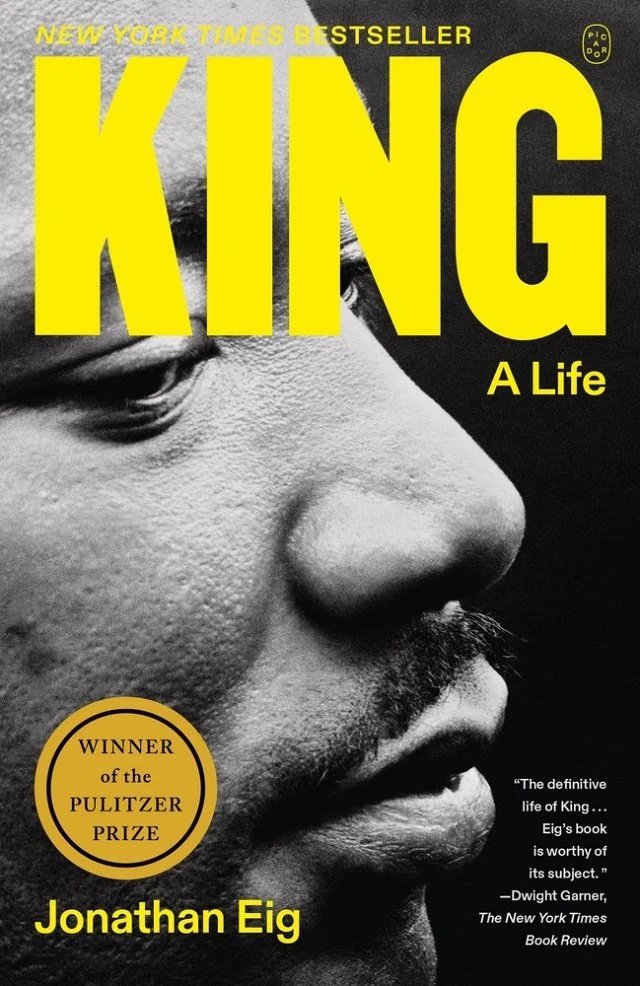Community Survey (and Recommendations)
Lately I’ve been spending a lot of time choosing books for Celia Bookshop’s opening inventory. The first task is to decide what sections to have (fiction, biography, mystery/thrillers, local interest, kids, etc.) and how many books should go in each.
This exercise in categorization is hard and also interesting! For example, should Nobel Prize winner Kazuo Ishiguro’s poignant novel Klara and the Sun, about a robot who pursues her own individual consciousness, go in the same section as Martha Wells’s delightful Murderbot Diaries novels about a security unit robot who hacks its own governor module? Should Robin Wall Kimmerer’s Braiding Sweetgrass go in Science or Nature, when the whole point of her book is that each of those is one strand of a single braid? (Maybe “Science and Nature” would be better as one section?)
Beth and I have both lived in Swarthmore for decades, and we think we have a pretty good sense of what books our customers will like–both titles you’ve already heard of and titles you haven’t yet that we’re excited to introduce you to.
But as we continue building our inventory, we would love to have your input. Please click here to fill out a quick survey and let us know what kinds of books you love most–and also what kinds of events are likely to entice you into the store.
In the meantime, here are a handful of new and newish books I loved that you can buy from us on Bookshop.org. As suggested by the title of this newsletter, First Words, I’m taking a close look at each book’s first line and asking what it might tell us about the pages to come.
By Mischa Berlinksi
On the outlines of Milton Katz’s accomplishment, the general shape and structure of his achievement, there was a single point of agreement: not even the most fervent of his enemies denied that the Disorder’d Rabble owed to Milton the remarkable good fortune that was the possession of 107 Avenue C.
This first sentence makes a person think that the book's main character is the larger-than-life, charismatic theater director Milton Katz. It’s not. Milton’s story does, though, intersect and inform the story of Mona Zahid, the star both of Milton’s theater company and of this delightful and thought-provoking novel.
Despite the misdirection, I love the energy of Berlinksy’s first sentence, an energy that enlivens the whole book. The story follows Mona as she wanders around New York City one Thanksgiving Day, worrying about her acting career, fretting about Milton, avoiding her in-laws, taking drugs, and mourning her beloved sister who recently died. This is a New York Story for sure (107 Avenue C!) and a story about fervent enemies and beloved friends. It’s about theater, and Shakespeare, and the various costs of a life devoted to art. Getting this book into your possession will be your remarkable good fortune. Enjoy!
Drive Your Plow Over Bones of the Dead
By Olga Tokarczuk, translated by Antonia Lloyd-Jones
I am already at an age and additionally in a state where I must always wash my feet thoroughly before bed, in the event of having to be removed by ambulance in the Night.
This first sentence gives you a great sense of the narrator, Janina, an old woman who lives alone in an empty part of Poland among a few equally eccentric neighbors. You can see already that she is worried about potential disasters, that she has strong feelings on surprising subjects (like the state of people’s feet), and that her thoughts tend to circle a while before settling.
I loved the time I spent in the head of this forthright and original person! Given the reference to potential disaster in the opening line, I should not have been surprised when the plot turned toward murder and mystery–although, given that Janina seems to believe that herds of deer are the most likely suspects, not in any ordinary way.
By Kaveh Akbar
Maybe it was that Cyrus had done the wrong drugs in the right order, or the right drugs in the wrong order, but when God finally spoke back to him after twenty-seven years of silence, what Cyrus wanted more than anything else was a do-over.
This first sentence suggests that the main character–and the author–both have a lot of nerve! Did God really speak to Cyrus? Does he really think he deserves a do-over? This narrator is all excess, ambivalence, and grandiosity.
You should know, though, that this is not primarily a book about drugs or about God, although it does have a lot of both those things in it. It’s more about silence–the silence of a mother who dies when the main character is a baby–and what it means to grow up listening through that silence to try to hear a voice speaking. Also what happens when suddenly you do hear it: a speaking voice where you didn’t really expect one.
When I finished this novel, I was amused to find a sentence in the acknowledgements where Akbar thanks his editor for letting him call the novel Martyr! I’ve talked to a couple of people who were put off by the title, but I hope you won’t be. Cyrus, the protagonist, is interested in death (remember, his mother died shortly after he was born), and the question of whether it’s possible to make something meaningful or useful or beautiful out of one’s death preoccupies him. But the idea of martyrdom explored in Martyr! is unlikely to be what you’re expecting. Pretty much nothing in the book is.
King: A Life
By Jonathan Eig
Take this bucket of milk to the neighbors, Delia King told her son Michael one day.
This biography of Martin Luther King, Jr. is as human, intimate, and direct as its first line would lead you to expect. Eig’s biography of the civil rights icon is designed to un-iconize him–to show him, instead, in his complicated humanity, and also to locate him in a personal as well as a political history. Opening with King’s grandmother talking to King’s father Michael when that father was a boy sets the tone, portraying King and the others in his circle as people first, shapers of history second.
For me, the bucket of milk also reminds us how long ago MLK lived. He was born only 64 years after slavery ended and died 57 years ago. It also makes me feel the poignancy of the way–although sending your son out to buy a bucket of milk is almost unimaginable–the problems King died fighting are still very much with us.
Bookshop.org is now selling ebooks! You can buy titles there to read on your phone, computer, or Kobo e-reader, and support Celia Bookshop when you do.
To receive this newsletter in your inbox, please sign up here.





